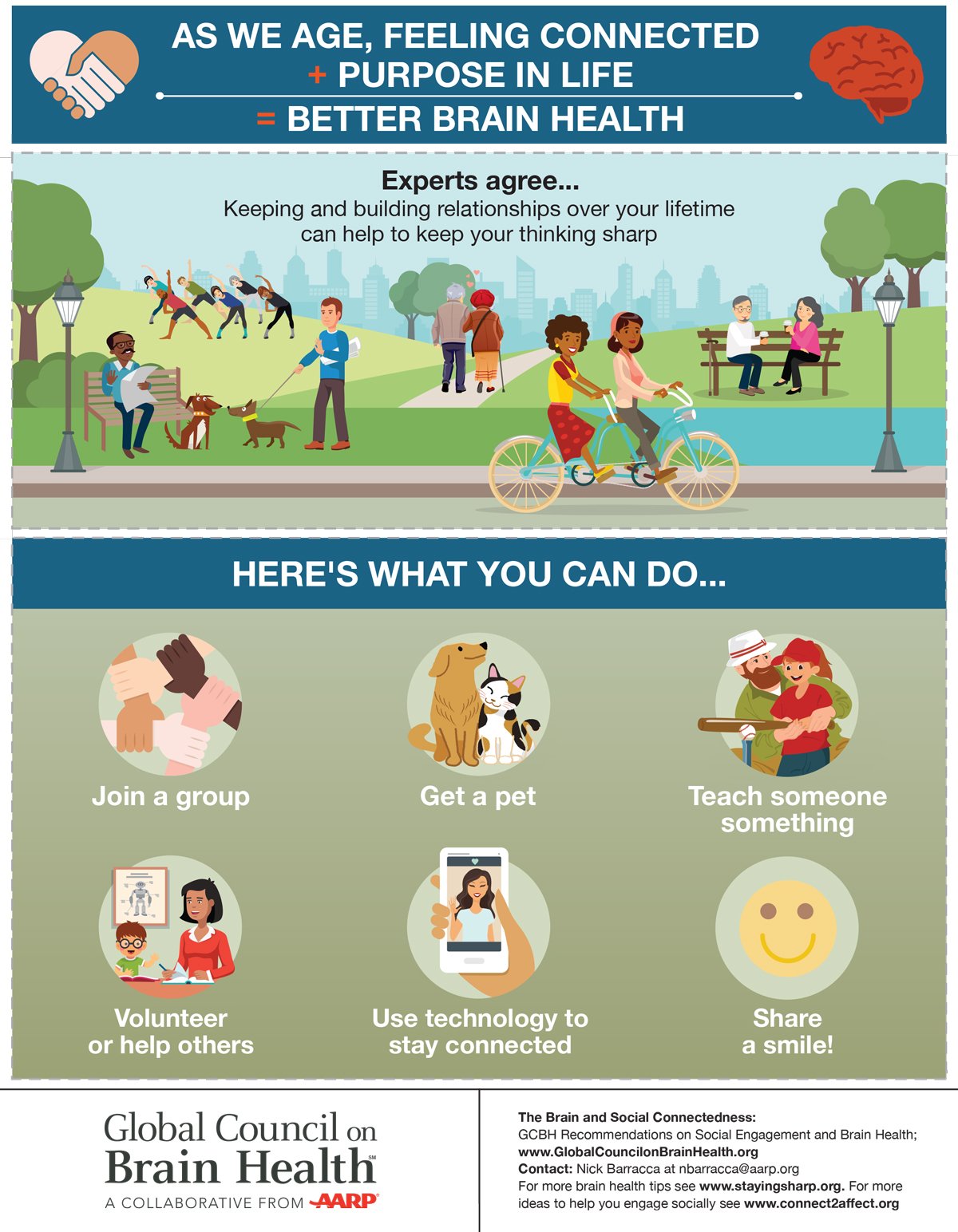Strategies for building sustainable social relationships

Strategies for Building Sustainable Social Relationships
As we navigate life, particularly during our 40s and 50s, building and maintaining strong social relationships becomes increasingly important. These relationships not only enhance our emotional well-being but also play a crucial role in our physical health and overall quality of life. In this article, we will explore practical strategies for fostering sustainable social connections tailored to the needs and lifestyle of middle-aged individuals.


Understanding the Importance of Social Relationships
Social relationships are vital for our well-being. Research has shown that strong social networks can improve mental health, reduce stress, and even increase life expectancy .1 .2. As we age, maintaining these connections can become more challenging due to changes in lifestyle, such as retirement or relocation. However, with the right strategies, it’s possible to build and sustain meaningful relationships.

Strategies for Building Sustainable Social Relationships
1. Engage in Community Activities
Participating in local community activities is an excellent way to meet new people and build relationships. Consider joining:
-
Volunteer Groups: Volunteering not only helps others but also provides opportunities to meet like-minded individuals .3.
-
Hobby Clubs: Engage in activities that align with your interests, such as book clubs, sports teams, or art classes .5.
-
Neighborhood Events: Attend local events like street fairs, farmers’ markets, or community meetings to connect with neighbors .1.

2. Use Technology to Stay Connected
In today’s digital age, technology can be a powerful tool for maintaining and expanding your social network:
-
Social Media: Use platforms like Facebook or LinkedIn to stay updated about friends and family, and join groups related to your interests .3.
-
Video Calls: Regular video calls can help bridge distances and keep relationships strong .3.
-
Online Communities: Participate in online forums or groups focused on topics that interest you .3.

3. Prioritize Quality Over Quantity
Focus on nurturing a few meaningful relationships rather than trying to maintain a large number of superficial ones. This approach helps ensure that your relationships are deep and fulfilling:
-
Set Boundaries: Clearly communicate your needs and boundaries to maintain healthy relationships .4.
-
Practice Active Listening: Engage fully when interacting with others, listening attentively and responding thoughtfully .4.

4. Rekindle Old Friendships
Reconnecting with old friends can be a rewarding way to strengthen your social network:
-
Reach Out: Send a message or make a call to reconnect with friends from your past .5.
-
Host Gatherings: Organize get-togethers or events where old friends can meet new ones .5.

5. Consider Adopting a Pet
Pets can provide companionship and help you meet other pet owners in your community:
-
Pet-Friendly Activities: Join dog-walking groups or attend pet-related events to meet fellow pet lovers .3.

6. Embrace New Experiences
Be open to trying new activities and experiences. This not only expands your social circle but also enriches your life:
-
Take Classes: Enroll in courses or workshops that interest you, such as cooking, photography, or language classes .5.
-
Travel: Plan trips with friends or join group tours to meet new people while exploring new places .5.

Overcoming Challenges
Building and maintaining social relationships can come with challenges, especially as we age. Here are some tips to help overcome common obstacles:

1. Address Loneliness
Feeling lonely can be a significant barrier to building relationships. Consider:
-
Joining Support Groups: Connect with others who may be experiencing similar feelings .5.
-
Seeking Professional Help: If loneliness persists, consider consulting a mental health professional .5.

2. Manage Conflict
Conflicts are inevitable in any relationship. Here’s how to manage them effectively:
-
Communicate Openly: Address issues promptly and honestly .4.
-
Take Breaks: If needed, step back from a conversation to revisit when emotions are calmer .4.

Conclusion
Building sustainable social relationships is a vital part of maintaining a healthy and fulfilling life. By engaging in community activities, leveraging technology, prioritizing quality relationships, rekindling old friendships, considering pets, embracing new experiences, and addressing challenges, you can strengthen your social network and enhance your overall well-being.

Additional Resources
For further reading and support, consider the following resources:
-
Books: “Bowling Alone” by Robert Putnam explores the importance of social capital.
-
Online Forums: Websites like MeetUp offer opportunities to connect with others based on shared interests.
-
Local Community Centers: Many centers provide classes and events designed to foster community engagement.
By implementing these strategies and staying committed to nurturing your social connections, you can build a strong foundation for a more connected and fulfilling life.

FAQs
Q: How can I make new friends after 40?
A: Joining classes, volunteering, and participating in hobby groups are effective ways to meet new people. Consider using your current social circle to expand your network.
Q: What role does technology play in maintaining relationships?
A: Technology can help bridge distances and keep relationships strong through regular video calls and social media engagement.
Q: How can I prioritize quality over quantity in my relationships?
A: Focus on nurturing a few meaningful relationships by setting boundaries and practicing active listening.
Final Thoughts
As we navigate the complexities of life, building sustainable social relationships is not just beneficial but essential. By embracing these strategies and staying open to new experiences, you can cultivate a strong, supportive network that enriches your life and the lives of those around you.









